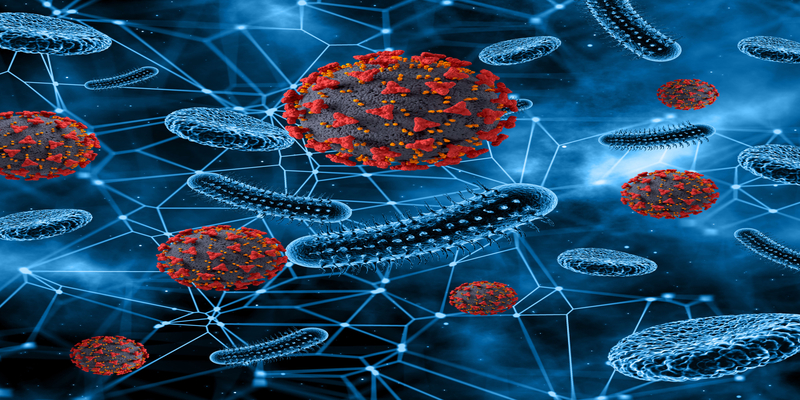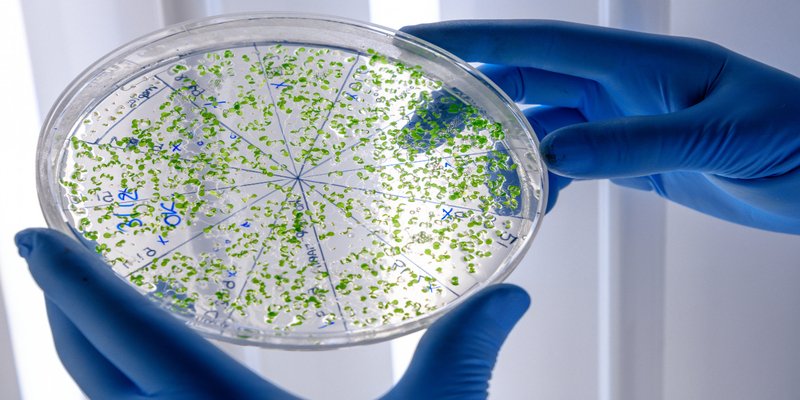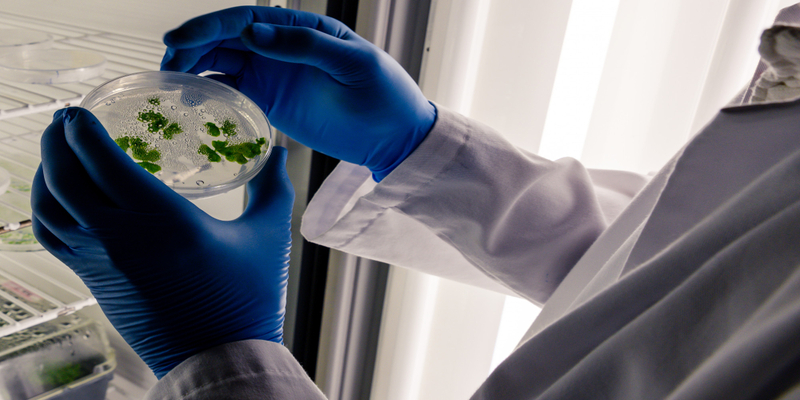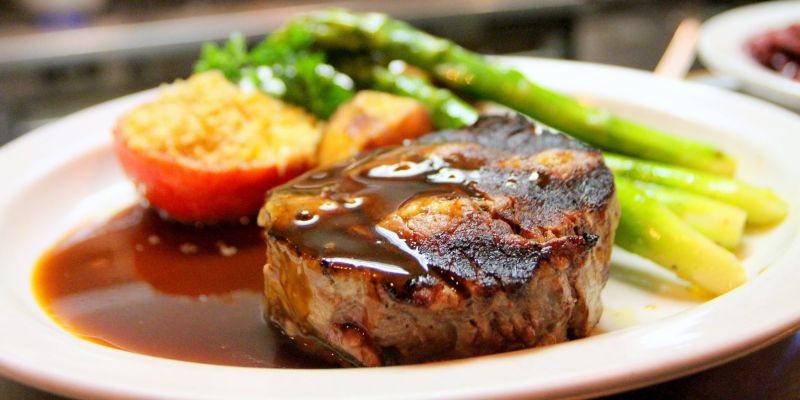Get To Know the Microbes and Bacteria: A Comprehensive Exploration
Sep 19, 2023 By Susan Kelly
Think about the world around you – it's filled with these tiny creatures called microbes and bacteria. Even though we can't see them without a microscope, they're actually pretty incredible. They play big roles in things like how our planet works, how industries operate, and even how our bodies stay healthy.
This journey into their world will show you just how many different types there are, what jobs they do, and why they're so important to everything around us. It's like exploring a hidden universe that has a huge impact on our lives!

What to Know About Microbes and Bacteria?
Microbes are like a whole universe of tiny living things, and they're way more diverse than you can imagine. When we talk about tiny microorganisms, we're talking about a bunch of different life forms like bacteria, viruses, archaea, fungi, and protists. But out of all of these, bacteria steal the spotlight – they're one of the oldest and most common life forms on Earth.
And here's the cool part: they come in all sorts of shapes, sizes, and jobs. They can look like tiny balls, long sticks, or even spirals. Some are super tiny, while others are a bit bigger. And the best part is that they're everywhere, from really hot places to freezing cold ones. So, this incredible variety of microbes is all thanks to the different places they live in!
Microbes as Masters of Adaptation

Microbes are like the champions of survival. They can thrive in places where most other living things would give up. These tough microbes are called "extremophiles." Imagine some of them enjoying scorching hot environments while others are perfectly at home in incredibly salty spots.
Their ability to handle extreme conditions has taught us a lot about the limits of life on Earth. Not only that, it has also inspired us to create new technologies that use these unique microbes to do all sorts of important tasks.
What Are the Various Categories of Microbes?
Microbes are like a collection of different personalities, each with its own distinct features and responsibilities. Let's delve deeper into the world of these fascinating creatures and learn about some of the most important types:
Bacteria
Bacteria are quite well-known little creatures. They're everywhere – from the deepest parts of the ocean to the highest mountain peaks. Some bacteria are actually helpful to us; they assist in digesting food and even make vitamins in our bodies. On the flip side, there are some not-so-friendly bacteria that can cause illnesses. That's why it's crucial to maintain good hygiene to stay healthy.
Viruses
Let's talk about viruses. These little things are quite unique – they're not exactly considered living organisms, but they still play a big role. Imagine they're like genetic material wrapped up in a protective protein shell.
You've probably heard about them causing various illnesses, ranging from the common cold to more serious ones like COVID-19. They're kind of like the sneaky troublemakers of the microbial world.
Fungi
Let's dive into the world of fungi. You've probably heard of mushrooms and molds, but fungi also include yeasts. These little organisms are pretty cool because they're involved in things like baking and brewing.
Yeasts do something called fermentation, where they transform sugars into other substances, creating the flavors and textures we love. So, the next time you bite into a fresh loaf of bread or sip on a refreshing beer, you can thank these yeasts for their important role!
Protozoa
Protozoa are tiny, single-celled creatures that mostly live in water. They're like the clean-up crew of the underwater world, gobbling up bacteria and other small particles. Think of them as the middlemen in the food chain – they eat the smaller stuff and become food for bigger creatures. So, they're pretty important in maintaining the balance of life in aquatic environments.
The Role of Bacteria in Nature

Bacteria have a crucial role as nature's recyclers. They're like helpful workers who break down things like dead plants and animals, transforming them into valuable nutrients that enrich the soil. Without bacteria, our Earth's ecosystems would struggle to function properly.
Additionally, bacteria are key players in a process called "nitrogen fixation," where they convert the nitrogen in the atmosphere into a form that plants can absorb and use for their growth. This makes bacteria essential for the health of our environment and the growth of plants.
Bacteria in the Human Body
Imagine your body as an ecosystem, packed with trillions of tiny inhabitants called bacteria. These bacteria, collectively referred as the human microbiota, are important for the maintenance of your overall health and well-being. These little bacteria have big jobs – they're like the workers that keep the city running smoothly. In your body, they play a vital role in many things.
When you eat, they help break down your food so your body can use all the good stuff in it. They're like the helpers of your immune system, making sure it's strong and ready to protect you. And here's something fascinating: They can even influence your mood and emotions!
In your gut, a diverse community of bacteria collaborates to do all these amazing things that help keep you healthy and feeling good.
Wrapping Up!
Even though microbes and bacteria are incredibly tiny, their influence on our lives is enormous. They play crucial roles in digestion and maintaining our environment, and their effects are still being discovered. Exploring the microbial world offers a glimpse into a realm of mysteries that can ignite your curiosity and enhance your understanding of the hidden powers shaping life on our planet.
So, whether you're examining them under a microscope, delving into the soil, or trying your hand at fermentation, the world of tiny microorganisms is ready for you to explore.
-
 Sep 05, 2023
Sep 05, 2023Let's Find The Late-Night Cafés in Sydney That are Perfect for a Midnight Snack
City Extra, Zaffi, Indian Home Diner, Caffe Roma, Hey Chú, Hubert, Nakano Darling, Big Poppa's, Kürtősh, EL LOCO, Bills Sydney are the best late-nigh cafes in Sydney
-
 Sep 06, 2023
Sep 06, 2023What Is Chuck Eye Steak? Ribeye On A Budget
Chuck eye steak is an affordable, flavorful alternative to premium ribeye that delivers a satisfying, rich taste without breaking the bank.
-
 Sep 04, 2023
Sep 04, 2023What Is Cube Steak And How To Cook It: An Overview
Many people don't know what cube steak is. It is a cut of beef, tenderized by a technique called pounding. The meat is easier to cook and is available at a budget-friendly price.
-
 Sep 04, 2023
Sep 04, 2023Get To Know How to Cut a Brisket: Your Step-By-Step Guide
Slicing a brisket is essential to enjoying the best-smoked brisket. Smoked meat is at its best when sliced properly, and brisket is no exception.
